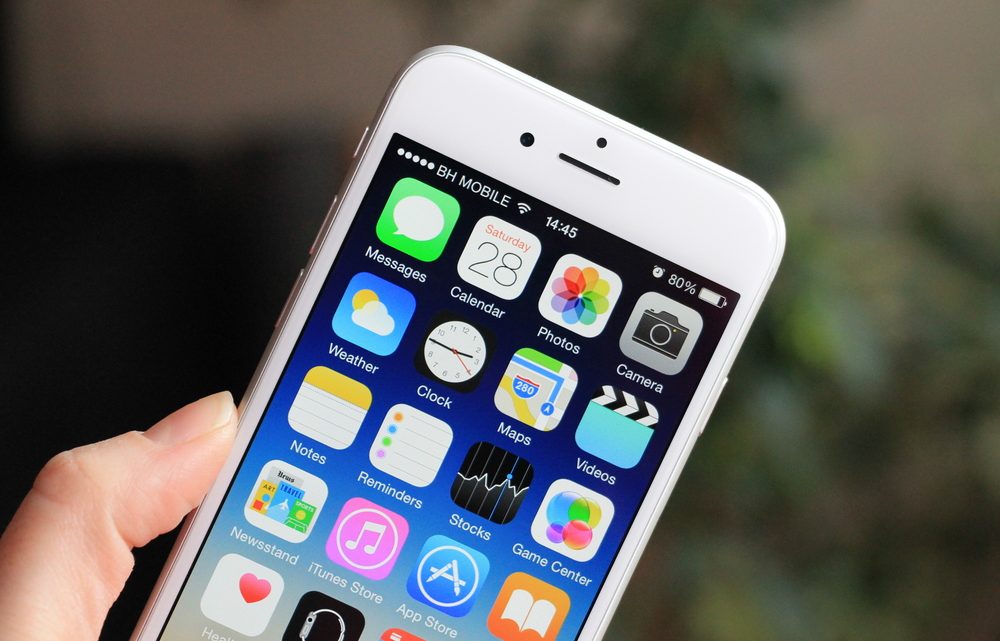With the mobile app user count predicted to reach 4.74 billion by 2024 and a consistent annual increase of 2.2%, businesses all across the globe are understanding the potential of having mobile apps. More and more startups and existing businesses are turning to the mobile environment to streamline their business operations while delivering the best possible convenience and experience to the users.
However, the overall concern or we can say a collaborative question that tricks the minds is how much time it takes to develop a mobile app. There is no right or wrong answer to this, but many factors influence the timeline like business objectives, the mobile app development company you hire, and so on.
So, in this write-up, we will understand the different aspects in detail that impact the mobile app development timeline.
Factors That Influence Mobile App Development Timeline
The process of mobile app development is quite simple. The software industry offers various methodologies to businesses like Agile, Waterfall, etc. to build highly functional apps.
However, the factors to be considered when building an app for any business type or size would remain relatively similar. Below, we will discuss some vital factors in detail to understand the right timeline to develop a mobile app for your business.
Platform You Choose
These days, many apps can be developed using low-level programming languages leveraging APIs or SDKs. However, most of the proficient mobile apps require diverse programming environments to differentiate between frontend and backend user experience.
For example, native Android apps may not run on iOS devices or vice-versa. In such cases, building cross-platform apps can be the choice but it would require high-level programming and may also incur.
Besides, it would be ideal to hire mobile app developers well-versed in developing applications for all the platforms to ensure successful development.
Business Requirements
The business requirements, mission, vision, and end goal impact the timeframe of mobile app development. For example, your app’s purpose is merely to showcase the offerings that customers can leverage. Developing such an app can be hassle-free as it will include minimal design and limited functionalities.
However, the more complex app with feature requirements like geo-location tagging, saving user’s information, and so on may be more complex to develop. This is due to compliance rules and security processes to be installed in the backend for optimal app functioning.
App Complexity
Another factor that decides the development timeline is how well the hired mobile app developers comprehend the idea. Having a simple idea similar to the competitor can help them execute the process easily.
On the other hand, if you have an exceptional mobile app idea with unique functionalities and features, the timeline will extend. The reason is it would be complex for the developers to understand the idea and then proceed with the implementation.
Essential Features
An app’s development timeline can be defined by its depth of capabilities, ranging from simple apps with basic features to complex applications that demand top-notch functionalities.
As the demand for scalability arises, the complexity increases. As a result, the time required to execute tasks like coding, testing, and enhancing UI increases. So, it is better to develop MVP to test the idea, integrate the essential features, and gather user feedback, ensuring cost-efficiency and quick time-to-market.
Additional Third-Party Integrations
Every business has an objective and purpose defined behind its mobile app development. However, sometimes there is a need for additional third-party integrations.
For example, you want to build an eCommerce app to integrate additional payment gateways, support for cryptocurrency wallets, or a chatbot system for customer service. Such integrations increase the app’s complexity for developers and also the time-to-market of your mobile application.
Level of Expertise and Experience
Another reason influencing the app development timeline is the experience of the mobile app development company you hire. What if you want to build an app for the iOS platform and you hire mobile app developers who haven’t worked on iOS app development projects ever before?
You will surely run into hassles like app release delays and post-launch assistance. So, ensure hiring experienced professionals by checking their previous work, years of industry experience, etc.
Final Thoughts
Simply put, the time required to develop a mobile app depends on various factors such as the app’s purpose, complexity, and design requirements. While all these can influence the process timeline, you can reduce the timeline by hiring a trustworthy mobile app development company.
They possess a huge industry experience and a team well-versed in simple to complex app development projects, ensuring your app’s quick market release while saving a lot of money and effort.
Stay in touch to get more updates & news on Info-Sys-Tech!





